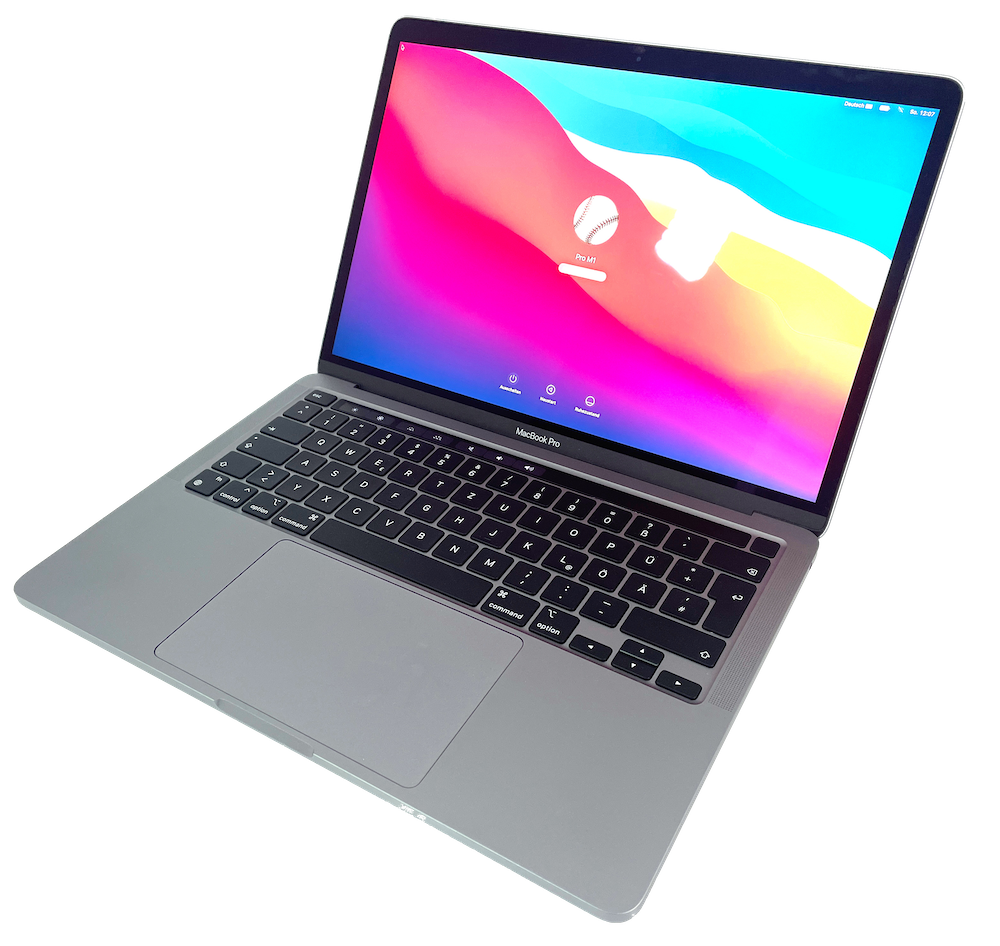MacTalk
October 2021

Judge Rules for Apple over Epic Games, Strikes Down App Store Anti-Steering Policies
Late last week, US District Judge Yvonne Gonzalez Rogers issued a 185-page ruling in the Epic Games antitrust suit against Apple, finding that Apple’s App Store policies are not evidence of monopolistic power. More broadly, her ruling doesn’t require that Apple allow third-party app stores, let users sideload apps, or reduce its App Store commission fees. Nor did she require Apple to restore Epic’s developer account or allow Epic’s popular game Fortnite back into the App Store. Plus, she ordered Epic to pay Apple 30% of what it collected from users of its iOS app outside of Apple’s in-app purchasing system after August 2020—a fine of at least $3.6 million. Epic has appealed, but most observers give the appeal little chance of overturning the judge’s decision.
However, the decision came with a likely significant blow to Apple as well. In a one-page injunction finding for Epic on a violation of California’s Unfair Competition Law, Judge Gonzalez Rogers dinged Apple for anticompetitive behavior:
Apple Inc. and its officers, agents, servants, employees, and any person in active concert or participation with them (“Apple”), are hereby permanently restrained and enjoined from prohibiting developers from (i) including in their apps and their metadata buttons, external links, or other calls to action that direct customers to purchasing mechanisms, in addition to In-App Purchasing and (ii) communicating with customers through points of contact obtained voluntarily from customers through account registration within the app.
In other words, the judge struck down Apple’s anti-steering policies that prevent developers from including or linking to their own purchasing systems within iOS apps. She also prohibited Apple from preventing developers from communicating with their customers through accounts set up through in-app registration. The injunction goes into effect in 90 days, although John Voorhees of MacStories suggests that Apple might be able to delay it by filing an appeal. Ben Thompson of Stratechery offers an extensive explanation of how the judge came to her decision.
If Apple doesn’t appeal, or if its appeal isn’t successful, the question becomes what Apple—and iOS developers—do next. The Verge’s Nilay Patel points out that the injunction’s inclusion of both buttons and external links would seem to suggest that Amazon could integrate its own payment processing system into the Kindle app. That goes well beyond Apple’s recent settlement with the Japan Fair Trade Commission to allow “reader” apps to include in-app links to external account management systems (see “Several Bricks Removed from Apple’s Garden Wall,” 3 September 2021).
But many questions remain to be answered, presumably in what will essentially be a three-way negotiation between Apple, developers, and Judge Gonzalez Rogers. Will reduced transaction fees outweigh the amount of work for developers involved in building and maintaining separate payment systems? Will payment processing firms like Stripe offer software development kits for plug-and-play purchasing within iOS apps? Will Apple’s App Store review process suddenly pay much closer attention to apps that implement third-party payment systems? Developer Marco Arment has some opinions about how it’s likely to work out.
Contents
Website design by Blue Heron Web Designs



